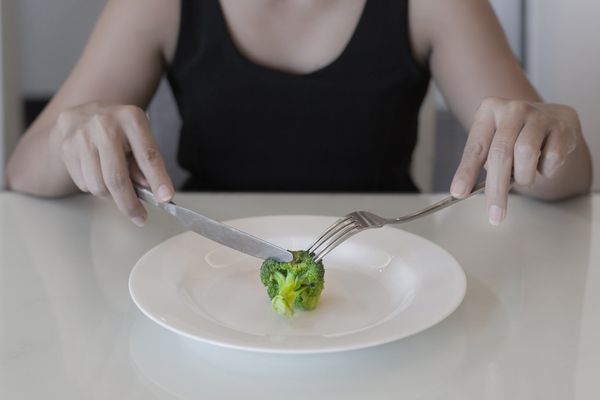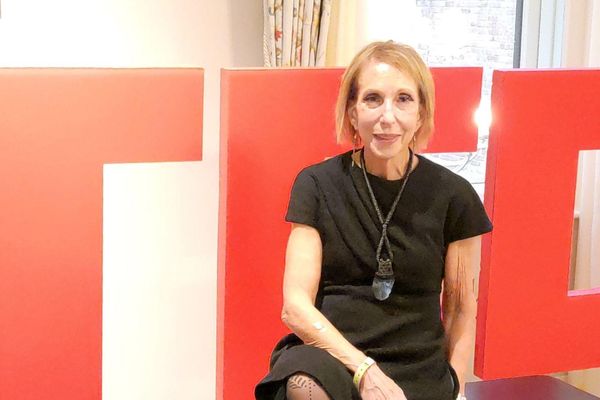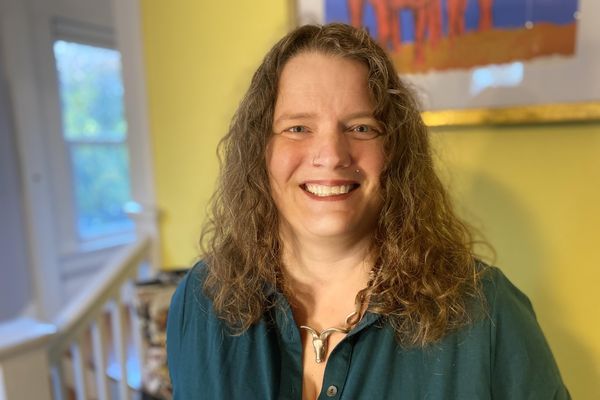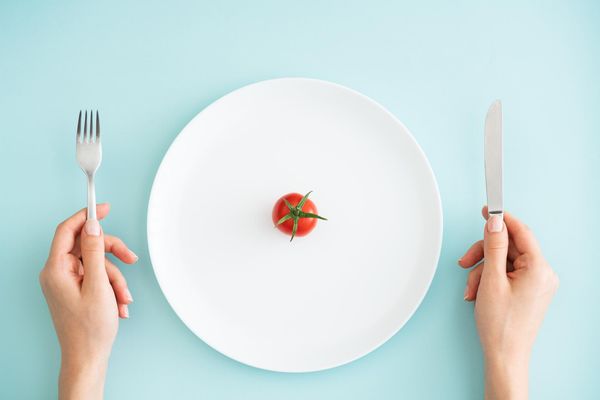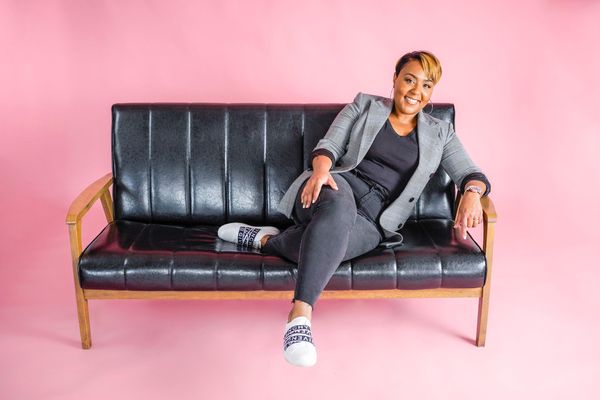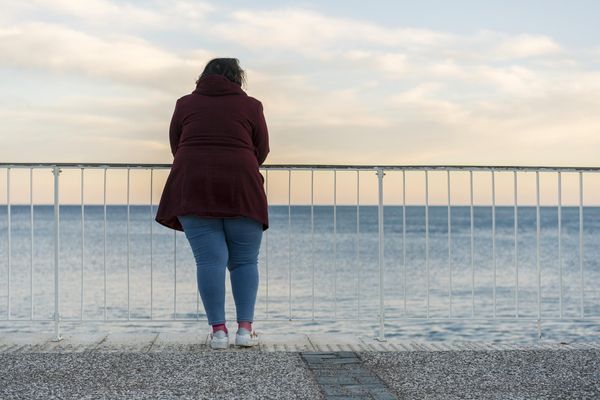By Myriam Llano
This story is part of our Real Women, Real Stories series, documenting the lived experiences of women along their health journeys. Please always consult your health care professional with personal concerns or questions.
When I was 20, my group therapist told me that anorexia was a disease that develops in overachievers, especially young girls who put pressure on themselves. I was in treatment for eating disorders at a Toronto hospital, having starved myself since I was 14. The therapist explained that society exerts pressure on women by portraying female beauty as a picture-perfect size zero.This seemed ironic to me, since she was an achingly thin blonde. Now I realize she'd probably had similar struggles.
I didn't relate to these group sessions because much of my anorexia stemmed from my anxiety about an uncertain future. As a teenager, I was convinced I didn't have control over my life, and I didn't wish anything good for myself. When I was 11, my mother and I had fled a drug war in Colombia and moved to my uncle's home in Toronto.
The trauma of this experience, along with the cold welcome at my uncle's house, was the origin of my disordered eating. My single mother worked in a factory and I was left home alone most of the day. Trying to do something worthwhile, I took control of the amount of food I ate. I enjoyed the high I felt when I skipped a meal and soon became addicted to that dopamine rush. Starving myself gave me a sense of success and control, when I'd previously felt helpless.
Soon anorexia took over my life, distorting all sense of reality. I wore baggy clothes and hid in my home as I skipped more and more meals, losing the few friends I had. I became afraid of food, and a great sense of sadness and paranoia consumed me. My obsession with food eclipsed my anxiety about my life. I took comfort in knowing that nothing could hurt me, because I was in perfect control.
The smell and sight of food began to disgust me. Some days all I had was water. I was cold all the time — not just my hands and feet, but my entire body. I became more isolated and withdrawn, too weak to breathe normally. With little reserves, I began experiencing abnormal heart palpitations.
My mother and I lived on the second floor, and I would huff and puff my way up the stairs. I spent my days and nights staring out the window in my room, and it was there I started feeling the irregular heartbeats. I believed I was dying slowly of a broken heart.
What I remember most during this time was the stillness in my mind. Hours would pass, and I took comfort in feeling no need to move forward, no ambition or curiosity about what the world might offer. Even bodily functions like peeing and pooping no longer existed. The struggle of my life was over. I was fading away in what seemed the most peaceful way.
Eventually I realized I had a choice to live or die, and I chose to live. My electrolytes were low and my body was fighting to survive. I sought medical help and was admitted to the care of a team of eating disorder specialists. I participated in both inpatient and outpatient group therapy every day for nine months, from morning until dinner time.
Should I have told my doctors that my anorexia was a suicide attempt? That I sometimes felt such self-hatred I'd scratch my body so the physical pain would distract me from the pain inside?
I still believed I was somehow in control, better than the others in group therapy, who had crazy habits and stories about how far they'd go to avoid food. I feared them, and what their desperation implied about me.
My long process of healing began at the hospital. I knew I needed to accept there was much in my life I could not change: that we had no money, that I was a refugee. I took solace in the Serenity Prayer and began reading avidly — Eckhart Tolle, Louise Hay, and many others. The more I read, the more I questioned how I could change my behavior. I looked for progressive therapies, such as acupuncture and cognitive behavioral therapy.
I took a spiritual path and learned about my chakras (energy centers). I came to understand that only I could change the direction of my life. Only I could love myself deeply enough to save me. My journey toward self-love had started.
This process of healing continues today in my mid-forties. I still need to check-in with my emotional and physical well-being or I'll find myself becoming obsessed with work — overworking to the point of exhaustion. I feel the same dopamine high from exhaustion as I once did from anorexia. There's no clear end for many of us who are recovering from addictions and eating disorders. Recovery requires the constant, intentional practice of self-love.
Today, I'm a nutritionist and food is an integrated, celebrated part of my life. Preparing and eating beautiful, wholesome meals brings me closer to God. It is an expression of love for both my loved ones and myself, as is helping other women discover a passion for food and health. I'm finishing a book that I hope will serve others as a pathway for healing, like the books I once read in the hospital.
After the shame and isolation of anorexia, every day feels like a gift.
Myriam Llano is the creator of Divine Renewal™ — a revolutionary program that bridges the gaps between emotional eating, nutrition, and spirituality — and recently launched Divine Renewal™ Español. She supports women in creating an intimate connection with food and their bodies. Myriam emphasizes “spiritual nutrition” — her students heal by recognizing what they are truly hungry for, and by learning to nourish not just their bodies, but their spirits. www.divinerenewal.ca


